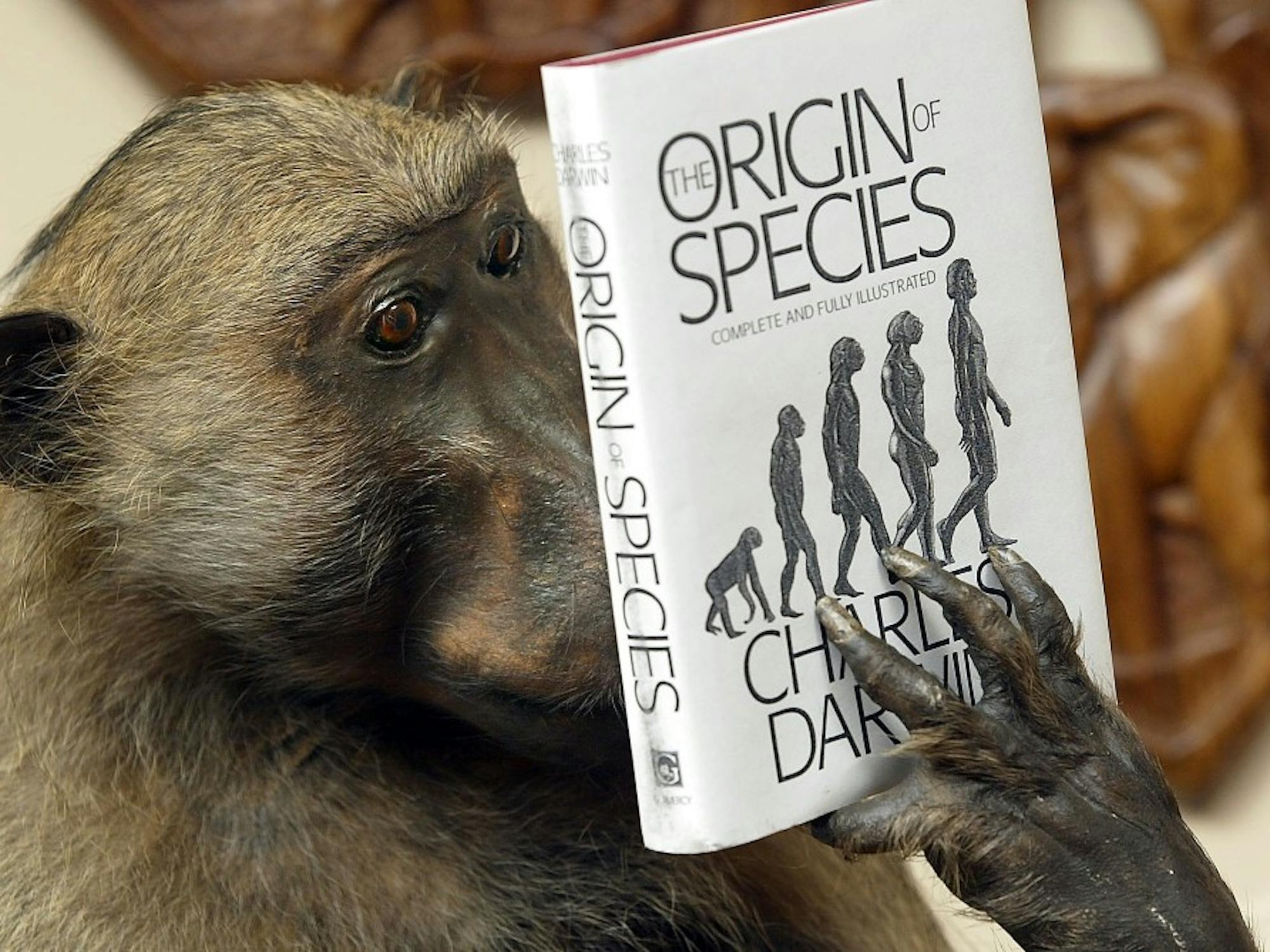Eastern Michigan University hosted “Creationism is Not the (Only) Problem: Cognitive Constraints on Undergraduates’ Understanding of Evolution,” a symposium on how students’ religious beliefs affected their acceptance of evolution on Thursday.
Presenter E. Margaret Evans is an assistant research scientist for the University of Michigan’s Center for Human Growth and Development. She explained that undergraduate students sometimes have a hard time grasping the concept of evolution due to cultural and cognitive factors.
A person’s acceptance of evolutionary origins “was related to religious belief, while an understanding of natural selection was related to the intuitive belief that biological change is goal directed and to how much students learned about evolution previously,” Evans said.
In 2007, United States Gallop polls showed that 45 percent of people believe that God created humans a couple thousand years ago. This is called the young earth creationist perspective, and it is the idea that God put each species of animals on earth with a purpose and these species cannot be changed.
The same poll says 13 percent of people believe in evolution and creationism, a point of view called theistic evolution, and 13 percent of people only believe in evolution.
“The origin of species is the idea that people come from other forms of life,” Evans said.
She also said, people that have the hardest time accepting this idea are literalists or people who take the bible literally, which is roughly one third of the United States.
Evans worked on a research project with 186 undergraduate student participants from an evolution and medicine class. The students took a pre-test about their knowledge of evolution before and after they completed the course.
When asked if evolution explains the origin of animals, most of the participants in the study agreed that it did, but they agreed less with the idea that evolution explains the origin of humans.
The participants were also asked if their religious beliefs were compatible with the theory of evolution. The majority of people said it was neither compatible nor incompatible. They were also questioned about how much they had learned about evolution prior to the class. The majority of people said they had received some information but not much.
The conclusions of this study found that the acceptance of evolutionary origins was affected by prior knowledge. Parents’ attitudes were negatively correlated with the acceptance of evolutionary origins.
Therefore, if an individual’s parents have negative attitudes about evolution, they were less likely to accept evolution.
The study also addressed why evolution is so difficult to talk about and how that affects how evolution is taught.
“A common misconception is that evolution helps the animal adapt better and more complex,” Evans said. “This is not always the case.”
The question of whether evolution should even be taught in school causes a continuous debate.
“Creationism does not belong in a science class because it cannot be observed, measured or proven,” Evans said. “It should not be in a science class as much as math should not be including in an English class.”








